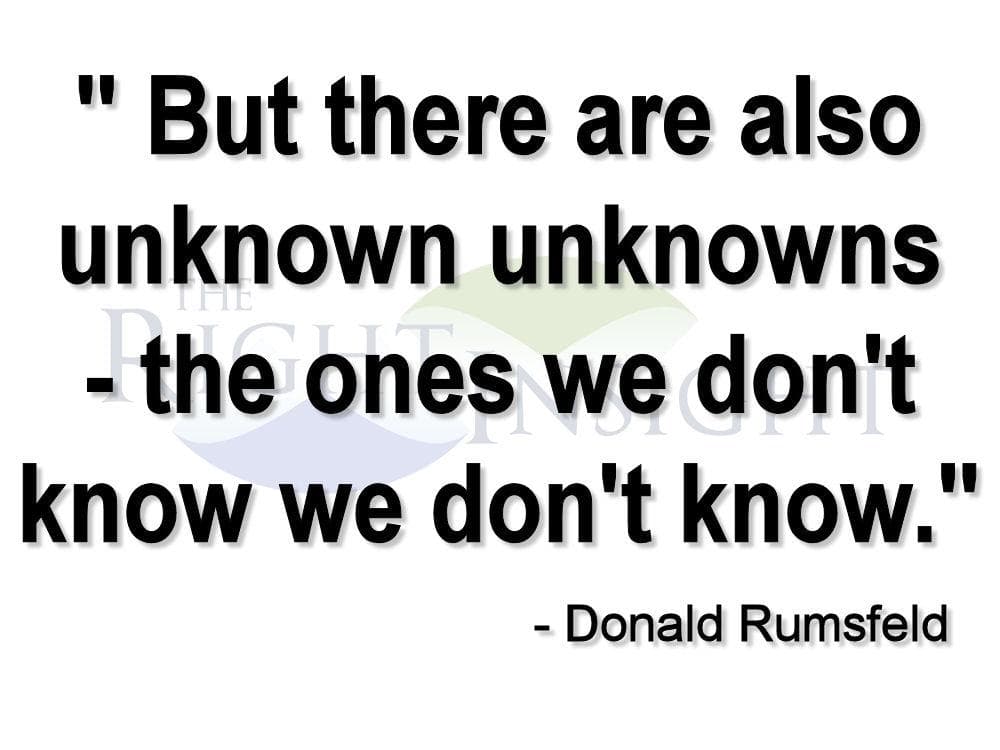“Anybody having to make a decision about climate science needs to understand the full spectrum of what we know and what we don’t know.” Dr. Steven E. Koonin, former Under Secretary for Science, U.S. Department of Energy
Dr. Koonin makes an important point, particularly regarding the extremely complex science of global climate and the numerous factors which cause or influence, or are thought to cause or influence, climate to change over time.
So, what do we know about climate and climate change?
- Climate has warmed and cooled in the past.
- Climate is changing now.
- Human activities can influence climate and apparent climate.
- CO2 absorbs and reradiates energy in portions of the infrared wavelength band.
- Sea level rises when climate warms and falls when climate cools.
And, what do we merely hypothesize about climate and climate change?
- The sensitivity of climate to anthropogenic emissions.
- The direction and magnitude of climate forcings.
- The future rate and extent of temperature change.
- The future rate and extent of sea level rise.
- The effects of human activities on extreme weather frequency and intensity.
- The effects of some degree of warming or cooling on agriculture.
- The effects of some degree of warming or cooling.
- The influence of climate on cloud formation.
- The influence of clouds on climate.
And, what do we not yet understand that affects climate.
- The El Nino Southern Oscillation.
- The Pacific Decadal Oscillation.
- The Atlantic Multi-Decadal Oscillation.
- The Atlantic Conveyor.
In summary, everything about the earth is connected; and, we do not understand how they are connected, or how they influence and are influenced by climate and climate change.
Koonin’s concern is especially relevant in light of the numerous lawsuits being filed against the Administration, the oil companies and others regarding climate change. The distinction between what is known and what is merely believed, or assumed, or hypothesized will be critical to a fair resolution of these lawsuits.
Perhaps the most fundamental question in these proceedings is: “What is a fact?”
- Is an “adjusted” temperature a fact or an estimate?
- Is an “adjusted” temperature anomaly a fact or an estimate?
- Is an “infilled” temperature a fact or an estimate?
- Is a range of climate sensitivity a fact or an estimate?
- Is a range of climate forcings a fact or an estimate?
- Is a range of Resource Consumption Pathways a fact or an estimate?
- Do a multitude of climate models produce facts or estimates?
- Are inconsistent measurements of sea level rise facts or estimates?
- Are inconsistent rates of sea level rise facts or estimates?
In the cases of ranges of values, we cannot even state as fact that the real value lies within the ranges. In the case of multiple climate models, we cannot even state as fact that the actual future climate response lies within the range of scenarios produced by the models, no less that any one of the models accurately models the real climate, either currently or in the future.
“There are known knowns. These are things we know that we know. There are known unknowns. That is to say, there are things that we know we don't know. But there are also unknown unknowns. These are things we don't know we don't know.” Donald Rumsfeld
